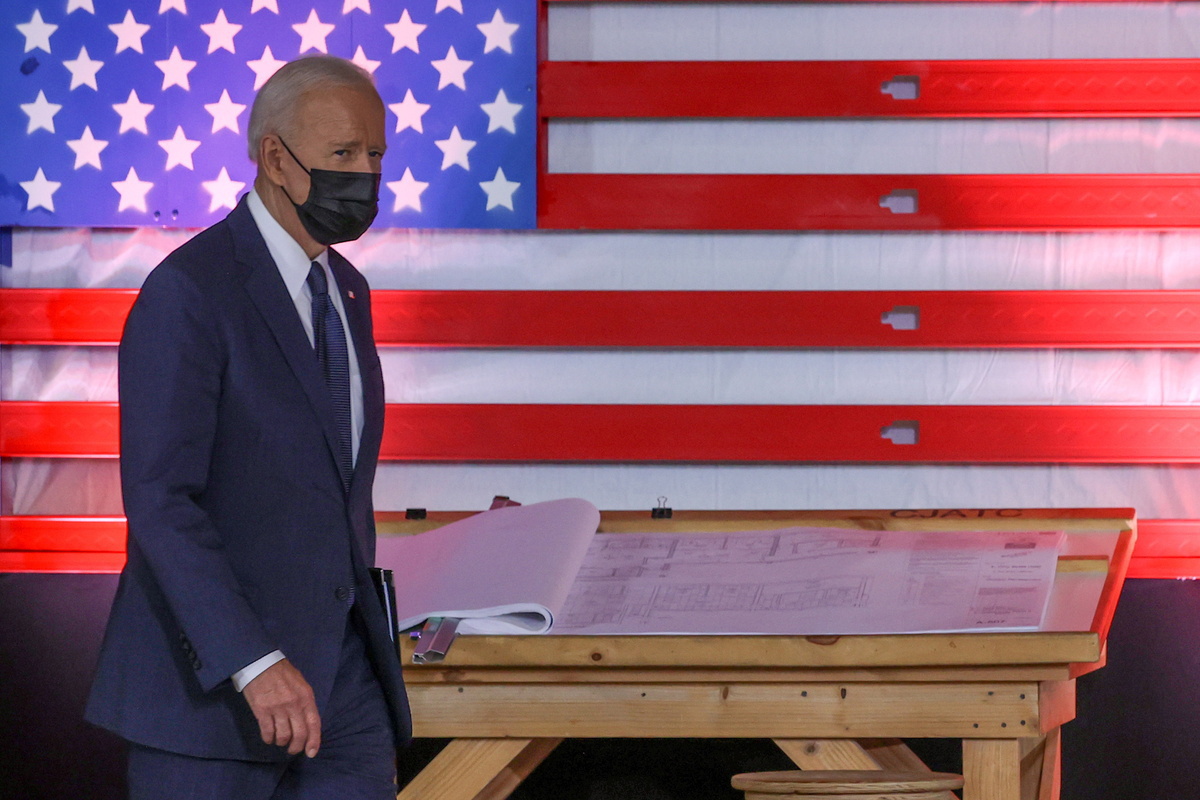Washington's macro policy has to be countered
China Daily | Updated: 2021-04-27 07:23

In response to the impact of the pandemic on the United States economy, Washington has implemented large-scale fiscal stimulus policies. While these stimulus policies have brought about a strong recovery in the US, they have also left hidden dangers, especially the sharp rise in government debt.
The administration's infrastructure investment plan shows that it intends to continue to adopt fiscal stimulus to enable economic growth, while eliminating hidden government debt risks at no cost.
This macro policy intention of the US comprises three aspects: first, to achieve strong economic growth; second, to create inflation expectations, but not to achieve inflation; third, to slowly increase interest rates to attract capital that can help it reduce its huge amount of government debt step by step and return the country's balance sheet to a healthy level.
However, although that's theoretically possible, it is nothing but a wishful thinking.
It has not only to control the intensity, timing and adjustment of all the policies, but also cooperate seamlessly with other countries and foreign capital markets. The question is whether other countries are willing to serve the US in that way.
When dollars flow back to the US, it is utilizing its dollar hegemony to exploit other countries.
The macroeconomic policies of the US concerns China's immediate interests. China must closely follow any changes to the US' macroeconomic policies, and take countermeasures accordingly in a timely manner to minimize their influence on the economy while always bearing in mind its long-term development targets and priorities.
On the one hand, China needs to stabilize its macro leverage ratio, protect major market players, keep a dynamic stability in the exchange rate, cancel export tax rebate policies for certain exports to fend off imported inflation, and optimize government debt structure.
On the other hand, it should keep the stability of its policies, stimulate domestic demand, and focus on key tasks set out in the 14th Five-Year Plan (2021-25) and the Long-Range Objectives Through the Year 2035.
In this way it can create inflationary pressure on some countries and prevent the cost of macroeconomic policies from being passed on to it.
21st Century Business Herald
























